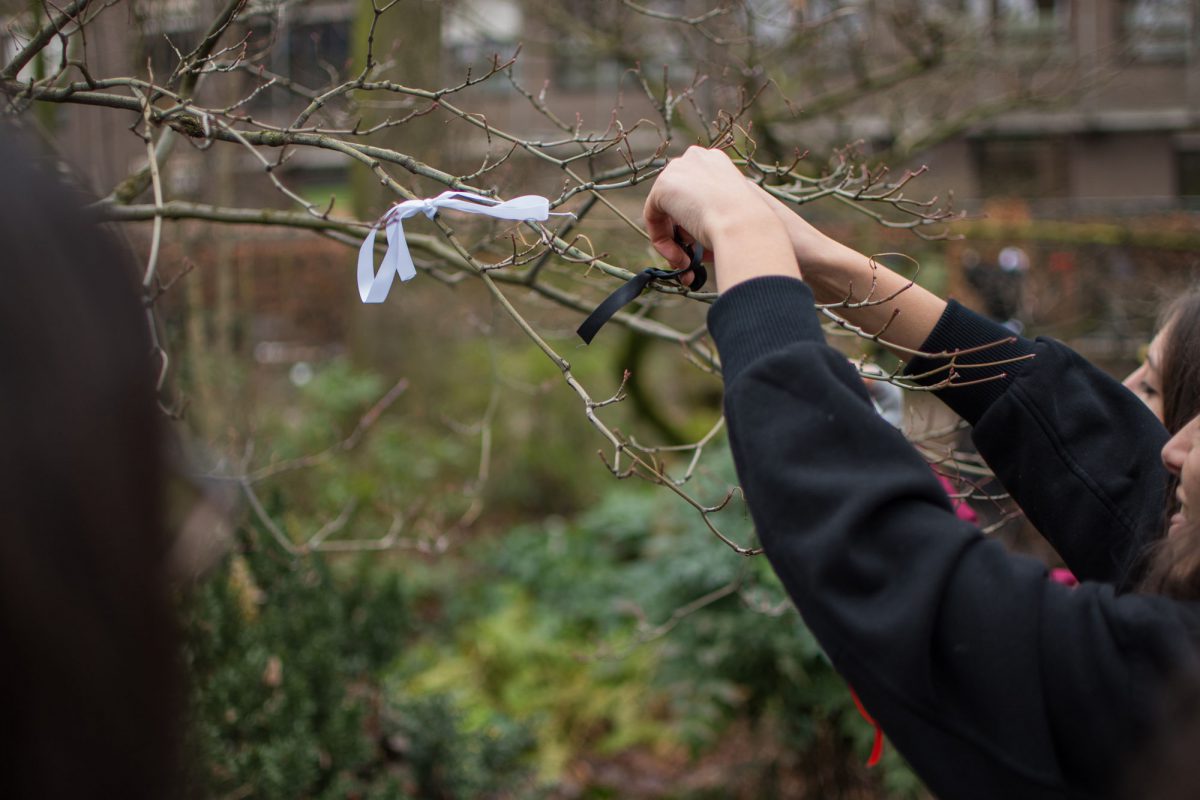At the beginning of last year, climate strike protests swept across the world and triggered increased dialogue between scientists and the public. It quickly became clear to UAntwerp scientists that the education sector was in urgent need of teaching materials related to climate change solutions. A new citizen science project, Klimaatlink, aims to fill that gap.
Why is it so dry in Flanders, and should we be worried? Is it too late for our climate? To answer these questions, researchers from the University of Antwerp set up Klimaatlink, a citizen science project that aims to establish a permanent link between climate research at UAntwerp and climate education in schools (teachers and pupils) near the university.
The Klimaatlink project is developing teaching packs on climate awareness which will help students learn about climate issues in a project-based, innovative way and include up-to-date, ready-to-use lesson plans. ‘Two of the packs will deal with the basic science of climate change and possible solutions to climate issues’, explains Arne Ven, project manager and biologist at the Global Change Ecology Centre. ‘The other two packs will be more practical: hands-on STEM packs that will teach pupils how to set up small scientific projects of their own. They’ll cover things like the impact of climate change on tree budding, and soil drought.’ Above all, it’s the scientists’ positive message that appeals to young people. Teachers and pupils can also contact the team at any time for more support, information, tips and materials.
Fifteen schools have already signed up to the project since its launch in August 2020. The teaching packs are currently being developed and will be rolled out in participating schools in 2021-2022. The aim is then to make the materials even more widely available during school year 2022-2023. Klimaatlink is funded by UAntwerp, EWI, Antwerp city council and Sint-Niklaas city council.










